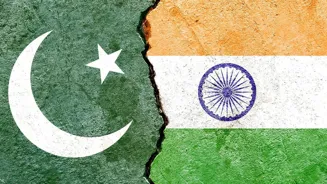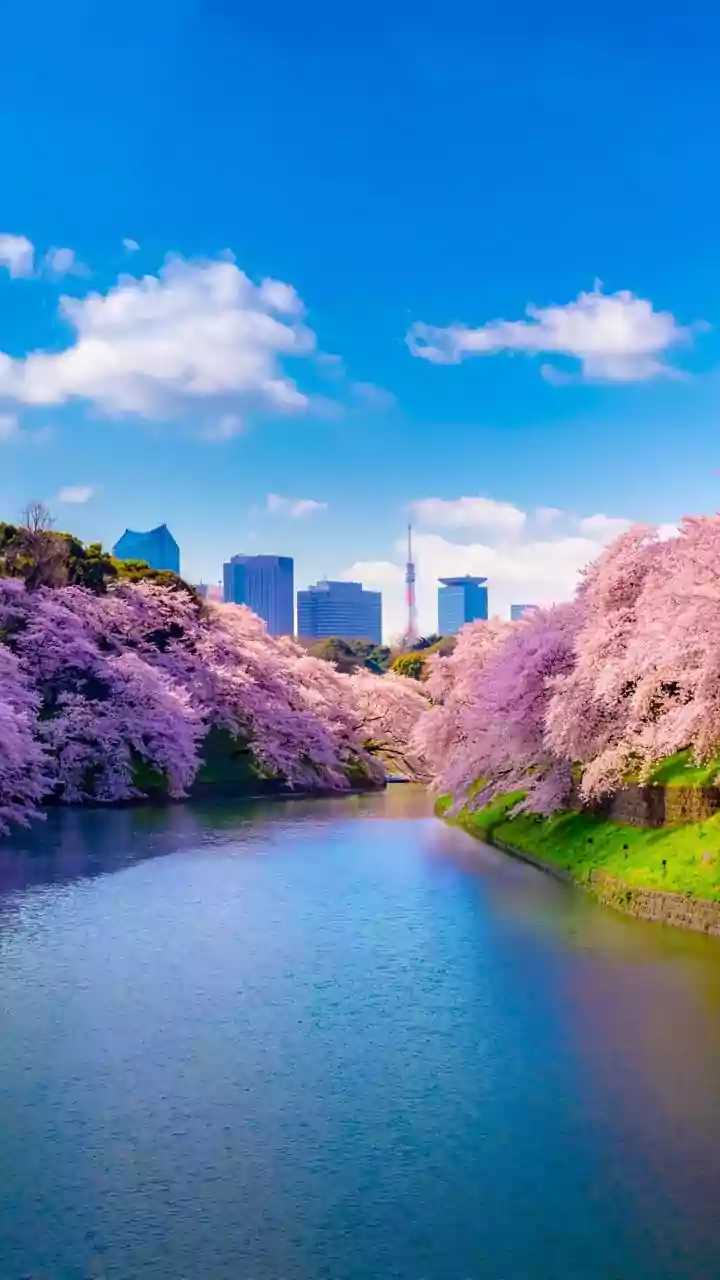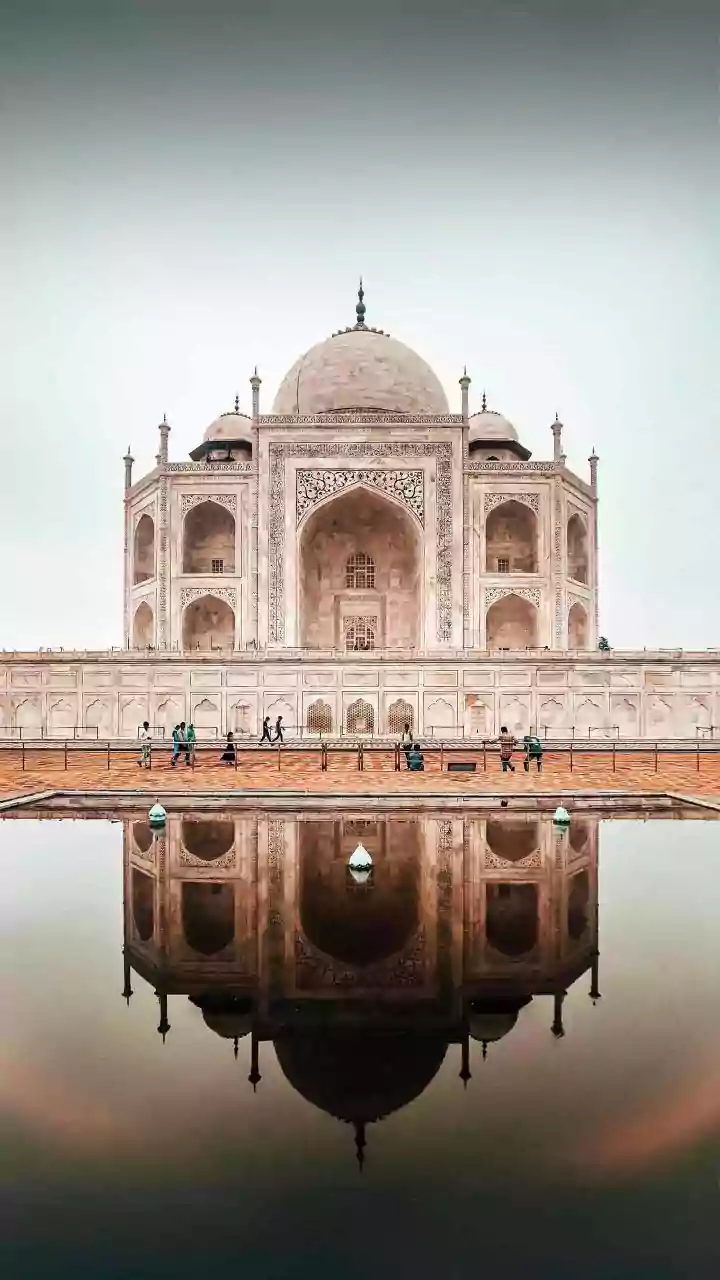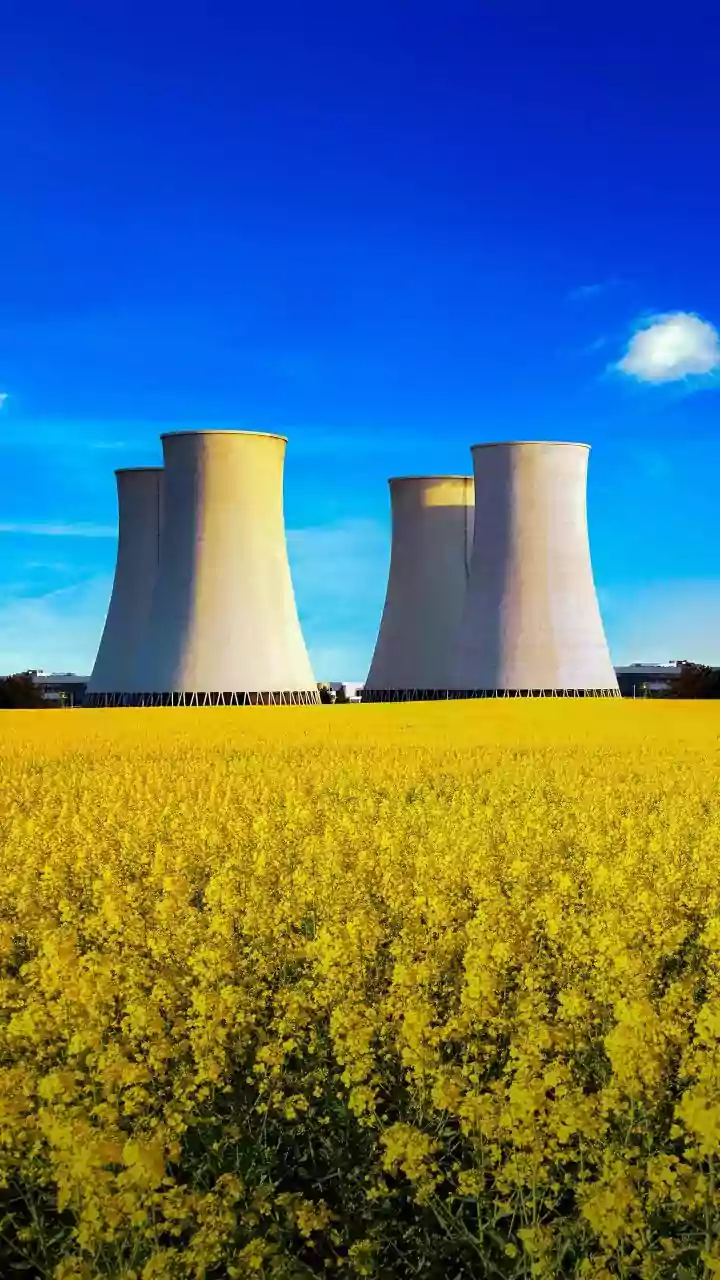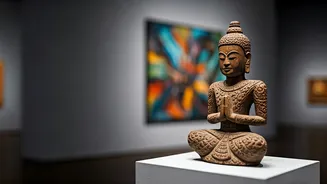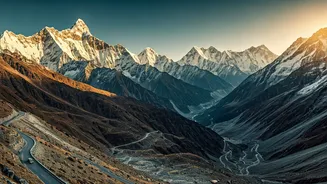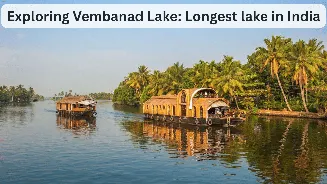What is the story about?
Amid the brewing tensions between India and Pakistan, reports are emerging that Islamabad have taken provocative measures, targeting Indian diplomats in the country. As per the information obtained by
CNN News18, Pakistan is imposing curbs on basic amenities for Indian High Commission staff.
Top government sources close to the matter told CNN News18 about the restrictions, describing it as “deliberate, premeditated, and in breach of the Vienna Convention". The actions came in the aftermath of the 4 day military escalations between India and Pakistan following the Pahalgam terror attack.
Top government sources told CNN-News18 that the measures are part of a pattern of “petty retaliation" orchestrated by Pakistan’s intelligence agency, the Inter-Services Intelligence (ISI). The source noted that the restrictions aim to disrupt the living and working conditions of Indian diplomats in Islamabad.
According to a government source, the Pakistani company, Sui Northern Gas Pipelines Ltd (SNGPL), has already installed gas pipelines at the Indian High Commission premises. However, the supply of the pipeline has been delibrately withheld.
Not only this, local gas cylinder vendors, who had previously provided essential cooking and heating fuel to the mission, have reportedly been instructed by Pakistani authorities not to sell to Indian staff.
This has eventually forced diplomats and their families to seek scarce and costly alternatives in the open market, often without success. The harassment goes beyond just gas. Sources told CNN News18 that the mission’s contracted supplier for clean drinking water has been blocked from making deliveries.
Not only this, all vendors in Islamabad have been instructed not to provide mineral water to the High Commission. This, sources say, has created significant inconvenience for the staff, as local tap water is neither safe nor suitable for consumption without extensive filtration.
Sources also told CNN News18 that newspaper vendors have been told to stop sending publications to the mission altogether. The measure is being interpreted by Indian officials as a "calculated effort to isolate diplomats from regular access to print media and limit their awareness of local narratives and developments."
The source noted that the move is seen as an extension of Islamabad’s long-standing strategy of using non-traditional and non-diplomatic pressure tactics instead of engaging in direct dialogue.
Top government sources close to the matter told CNN News18 about the restrictions, describing it as “deliberate, premeditated, and in breach of the Vienna Convention". The actions came in the aftermath of the 4 day military escalations between India and Pakistan following the Pahalgam terror attack.
Top government sources told CNN-News18 that the measures are part of a pattern of “petty retaliation" orchestrated by Pakistan’s intelligence agency, the Inter-Services Intelligence (ISI). The source noted that the restrictions aim to disrupt the living and working conditions of Indian diplomats in Islamabad.
Gas, water and newspaper supplies cut off
According to a government source, the Pakistani company, Sui Northern Gas Pipelines Ltd (SNGPL), has already installed gas pipelines at the Indian High Commission premises. However, the supply of the pipeline has been delibrately withheld.
Not only this, local gas cylinder vendors, who had previously provided essential cooking and heating fuel to the mission, have reportedly been instructed by Pakistani authorities not to sell to Indian staff.
This has eventually forced diplomats and their families to seek scarce and costly alternatives in the open market, often without success. The harassment goes beyond just gas. Sources told CNN News18 that the mission’s contracted supplier for clean drinking water has been blocked from making deliveries.
Not only this, all vendors in Islamabad have been instructed not to provide mineral water to the High Commission. This, sources say, has created significant inconvenience for the staff, as local tap water is neither safe nor suitable for consumption without extensive filtration.
Sources also told CNN News18 that newspaper vendors have been told to stop sending publications to the mission altogether. The measure is being interpreted by Indian officials as a "calculated effort to isolate diplomats from regular access to print media and limit their awareness of local narratives and developments."
The source noted that the move is seen as an extension of Islamabad’s long-standing strategy of using non-traditional and non-diplomatic pressure tactics instead of engaging in direct dialogue.
